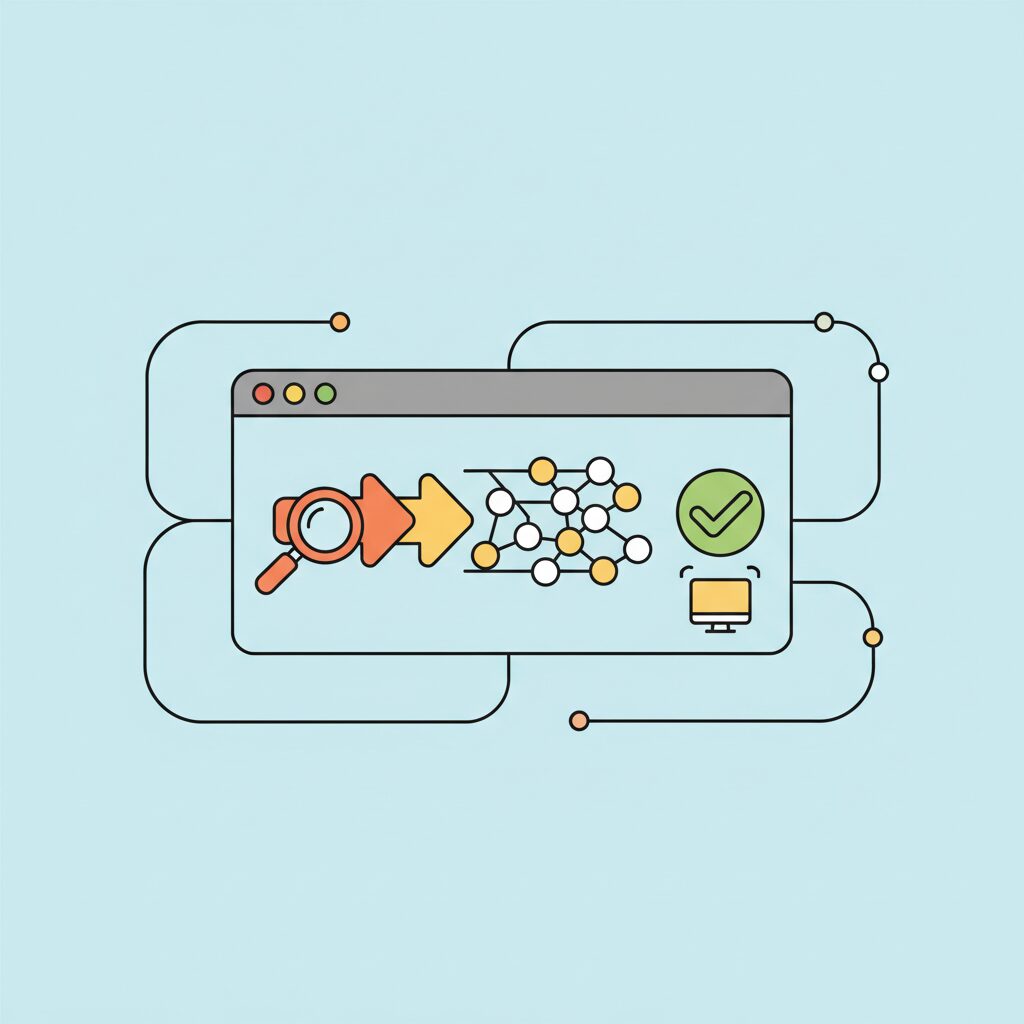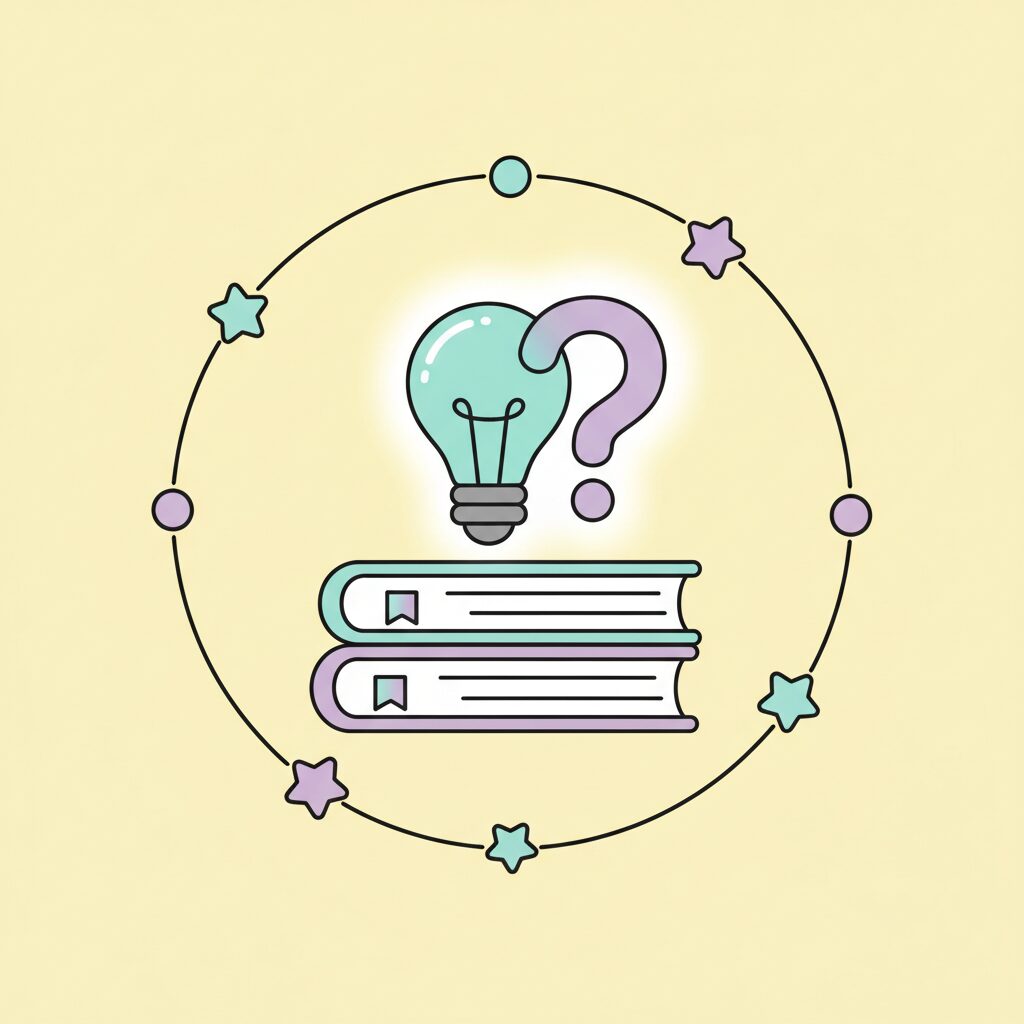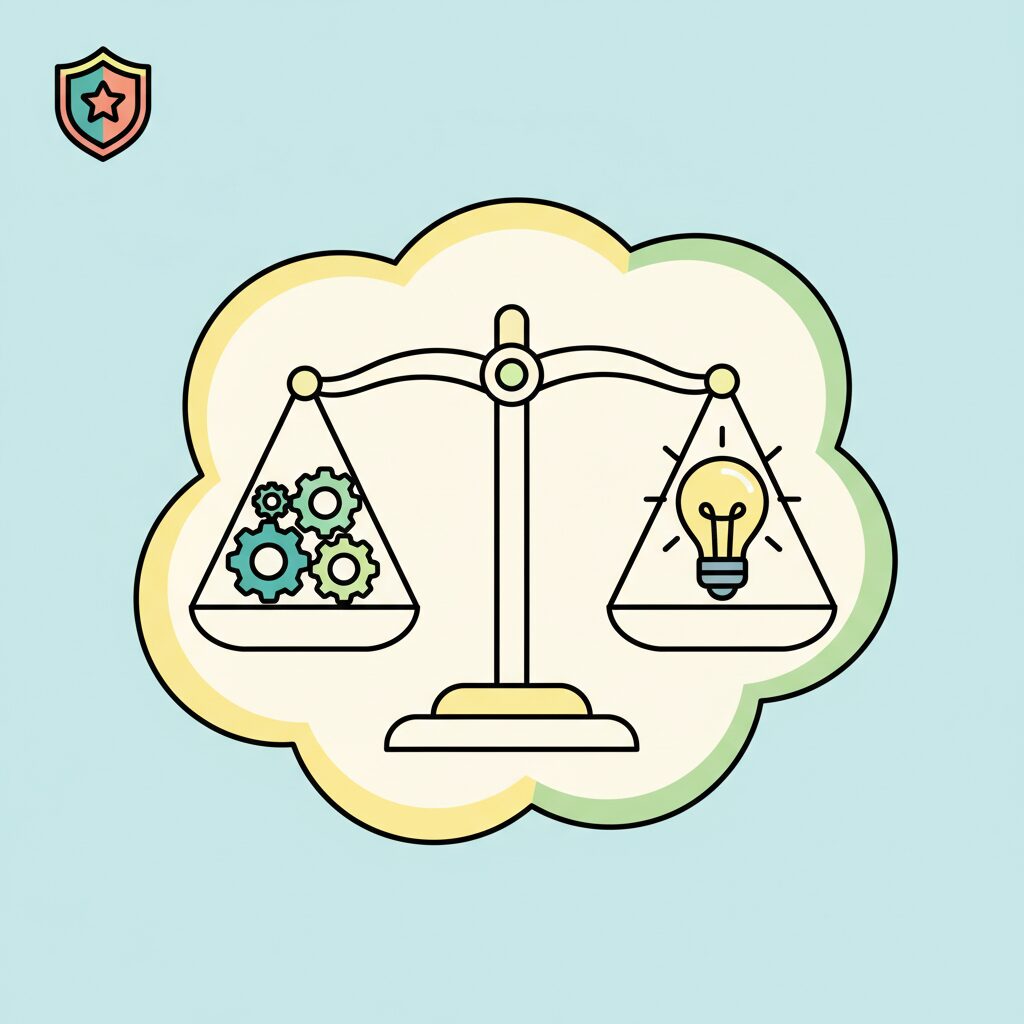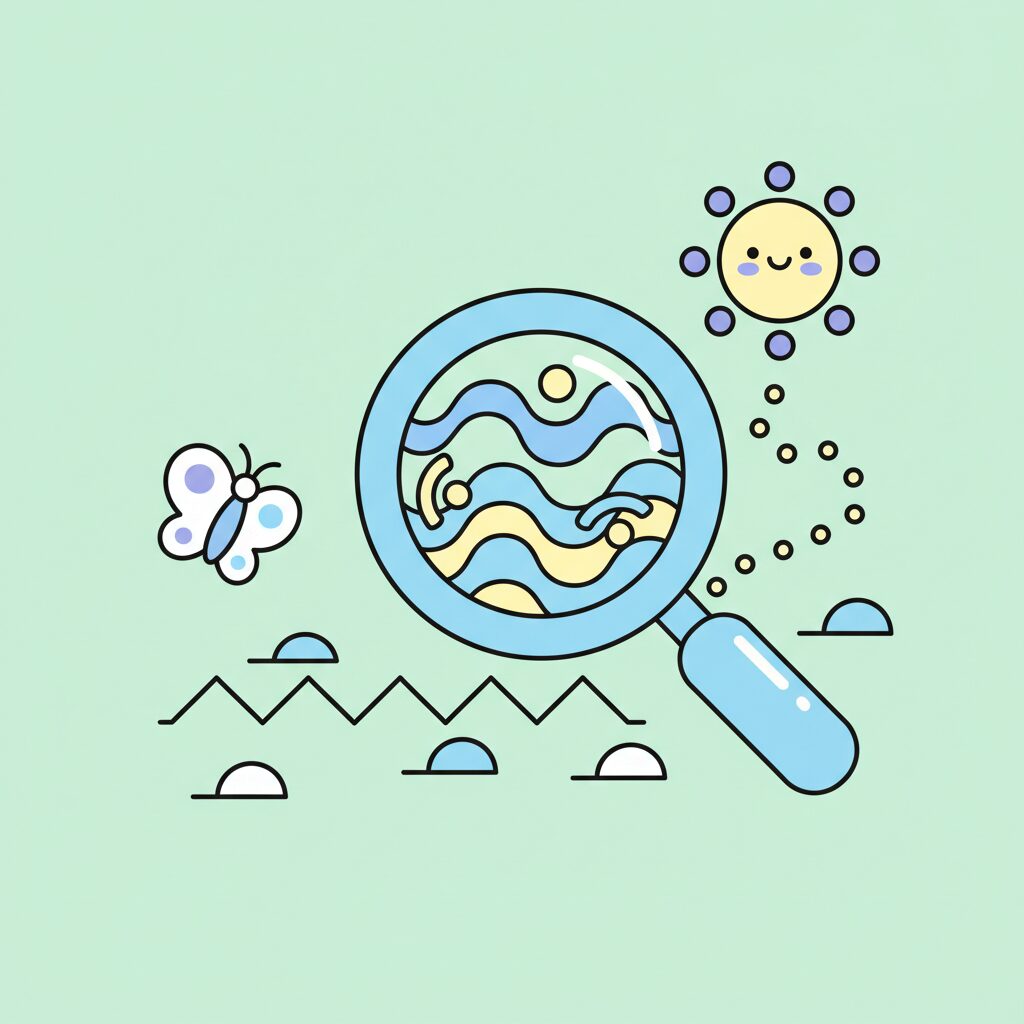
The summer warmth still lingers as I watch my daughter skip home from school, backpack bouncing, face flushed with the joy of outdoor play. She’ll crave some refreshing berries when she gets home – a simple pleasure. Meanwhile, the digital world she’s growing up in is transforming in ways we’re just beginning to understand. Imagine browsers that don’t just show us information but actively help us complete tasks – booking appointments, shopping, managing our digital lives. This isn’t science fiction; it’s happening now, and it’s reshaping the digital landscape our children will inherit.
How AI Browsers Are Changing Digital Discovery for Kids?

Not long ago, web browsing followed a familiar pattern: search, click, read, repeat. But what if your browser could understand your intent and take action? That’s the promise of agentic browsers like Perplexity Comet, which mark a huge leap from passive information presentation to active task completion. These AI-powered tools can understand complex instructions and navigate websites on our behalf, from checking inventory at stores to booking restaurants while we focus on other things. How cool is that? It’s like having a digital assistant embedded directly in your browsing experience – the kind that actually gets things done!
As parents, we’ve watched our children interact with technology since they were tiny. My seven-year-old now seamlessly moves between apps and websites with a confidence that amazes me. But these new agentic browsers add a fascinating layer – they don’t just connect kids to information; they model how to understand and interact with digital systems at a deeper level. Here’s why it matters for us parents: It’s like watching someone discover not just how to use a map, but how to actually navigate the terrain itself.
What Do AI Browsers Mean for Your Child’s Digital Learning?

The most exciting development isn’t just what these browsers can do, but how they might change how our kids learn and grow. When a child asks an AI browser a question and receives not just information but cleverly connects ideas across topics, they’re witnessing the power of intelligent systems making sense of our complex world. This creates a new paradigm for discovery – imagine asking ‘What books should I read about space exploration?’ and getting a personalized reading list with summaries, rather than just a list of search results.
However, these advancements come with considerations. As my grandma would say, “Even smart tools need wiser users!” As agentic browsers become more sophisticated, we’re facing questions about digital literacy and critical thinking. Will our children learn to evaluate sources if the algorithms do it for them? How do we balance the convenience of AI-assisted browsing with developing the skills to independently navigate the digital world? These are questions worth pondering as we raise the first generation of true digital natives.
Preparing Our Kids: Skills for Tomorrow’s AI-Driven Internet

As parents, we can guide our children to use these tools while developing essential digital literacy skills. The key is balance – leveraging the benefits of AI browsers while ensuring our children develop strong critical thinking and problem-solving abilities. One awesome approach? Use these tools together, explaining how AI makes decisions while encouraging questions about how information gets verified.
Consider this: when you ask an AI browser to book a restaurant, you’re witnessing automation in action – talk about convenience! This creates natural teaching moments about digital responsibility, privacy considerations, and how algorithms shape our experiences. By experiencing these systems alongside our children, we help them develop the discernment to use powerful tools wisely while keeping their own curious spark alive.
Fostering Discovery Skills in an AI Browser World?

Watching children explore the world – whether in nature or online – remains one of parenting’s greatest joys. The summer days in our neighborhood park have shown me how technology can enhance, rather than replace, these experiences. Imagine using an AI browser to research local birds before a park visit, then identifying those birds together in real life – a perfect blend of digital tools and authentic discovery.
As these agentic browsers continue evolving, we’ll face new challenges and opportunities. The most important lesson we can teach? Technology serves human needs, not the reverse. By approaching these changes with open curiosity alongside our kids, we’ll discover not just the capabilities of tomorrow’s internet, but countless ways to deepen family connections while expanding our understanding of the world.
Source: I switched from Safari to an AI browser and got a glimpse of the future, Macworld, 2025/08/29 12:06:33
